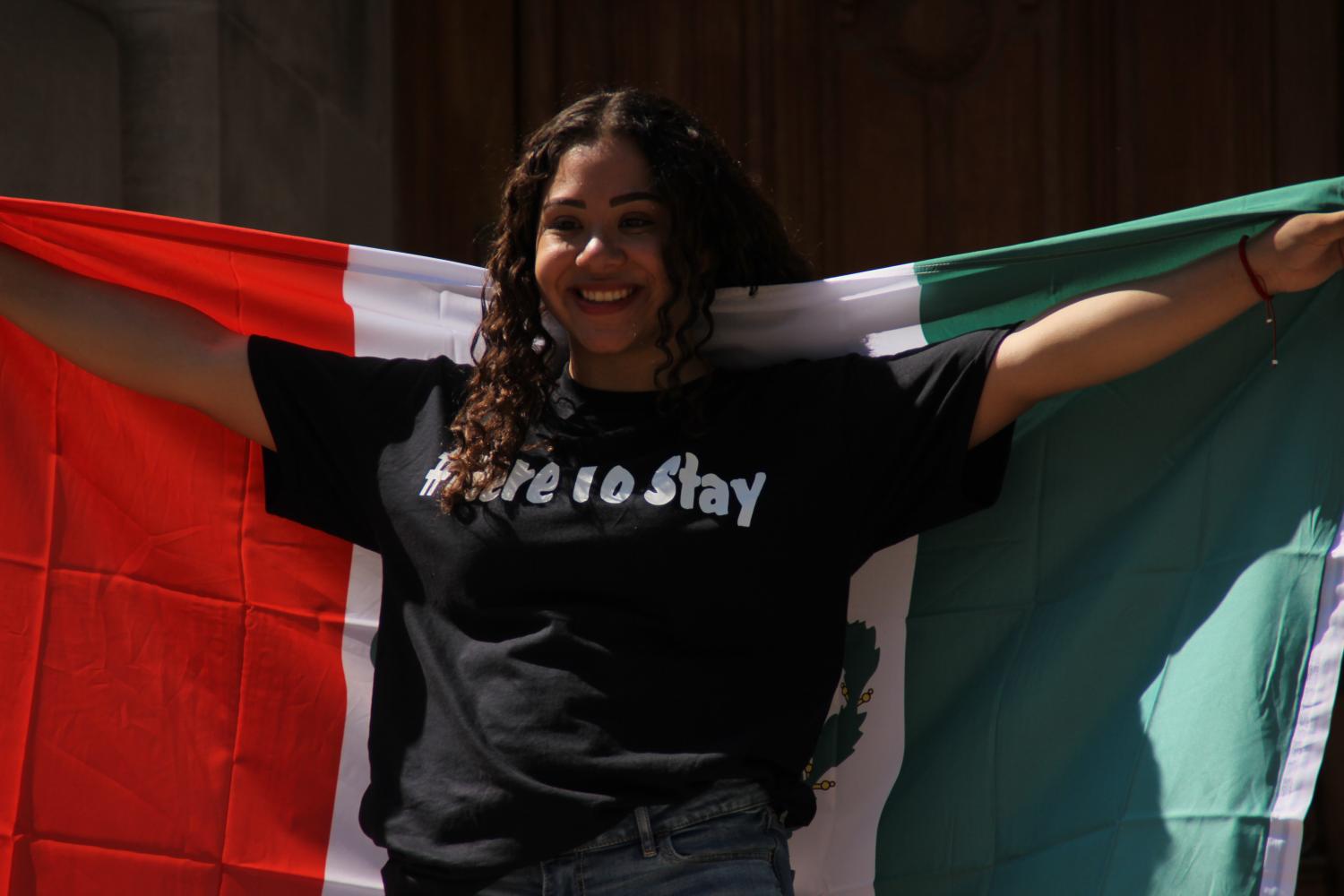‘No human is illegal’
As we celebrate Hispanic heritage, fight to keep it alive in the United States
September 14, 2017
September 15 to October 15 is National Hispanic Heritage Month in the United States. President Lyndon Johnson first started the tradition as a one week holiday in 1968. Twenty years later President Ronald Reagan expanded the holiday into a National 30 day celebration in 1988. It was created to celebrate the history, culture, and overall contributions of Americans who have ancestors that came from Spain, Mexico, Central America and South America.
At Ben Davis, nearly 20 percent of our school population is made up of Hispanic students who have different stories and love for their culture. Senior Tony Villaseñor was born in California, but his parents came to the United States from Honduras. Even though he and his family live in Indiana, he still notices parts of their culture in everyday life.
“Sometimes I wake up to bachata blasting from my kitchen and finding my mom doing a whole dance routine while she does the dishes,” Villaseñor said.
However, hispanic culture can easily have to be hidden when having to assimilate to a new culture in the United States, especially when President Donald Trump, creates negative rhetoric about hispanic immigrants. The recent decision to end the Deferred Action for Childhood Arrivals (or DACA) and call for a resolution in Congress is a highlight of this push against immigrants.
This President Barack Obama-era policy gives undocumented immigrants who arrived in the United States before their 16th birthday and are under 31 years old a two-year period of deferred action from deportation and makes them eligible for work permits. By handing the chance for resolution over to a busy and Republican-majority Congress, it runs the risk of no resolution being made before March 6, which is when current DACA holders will first begin to lose their rights.
DACA, in it’s creation, was never meant to be anything more than a placeholder for a future immigration policy. It doesn’t grant citizenship to immigrants, it simply gives them protection from being deported. The Dream Act, an act that gives a path to citizenship for these DACA holders, is just one of many acts that has been presented in Congress that have failed to gain traction.
People coming from Mexico, Central America, South America, and other islands near the United States make up 79 percent of DACA eligible immigrants. Taking away this governmental protection risks the well-being of some 800,000 people living in the United States. It’s a terrifying threat to diversity within our country.
In order to keep Hispanic heritage alive in the United States in our community, people need to be willing to put aside the false stereotypes that many hold about people who are Hispanic. Celebrate the diversity and opportunities that our country has, and give everyone the right to the American dream.
“I’m proud of the reputation Hispanic people have being hard workers, because that’s absolutely right,” Villaseñor said. “No human is illegal.”



